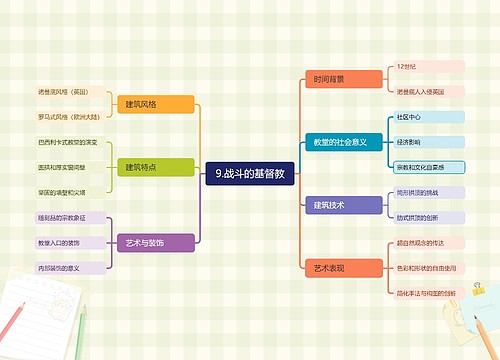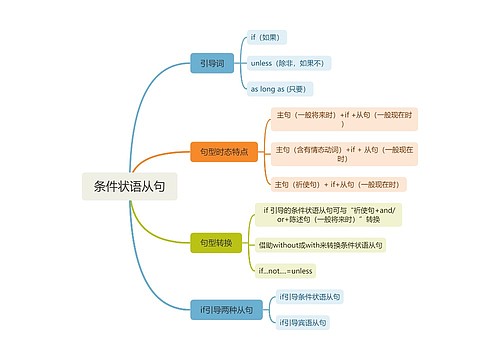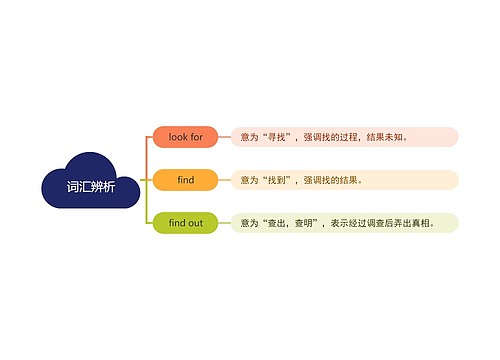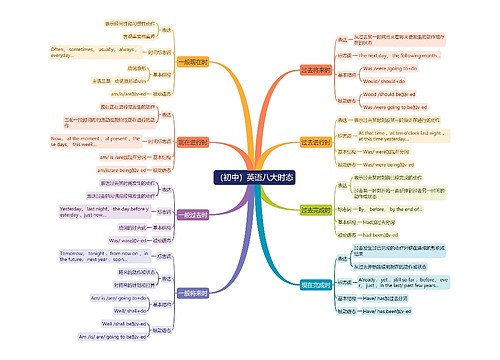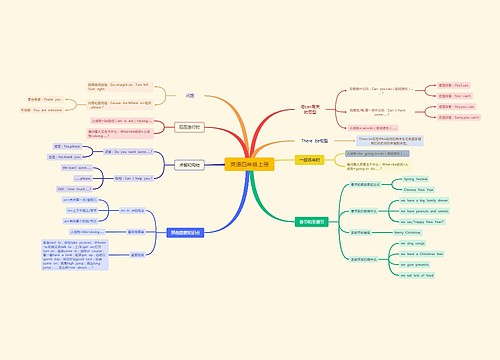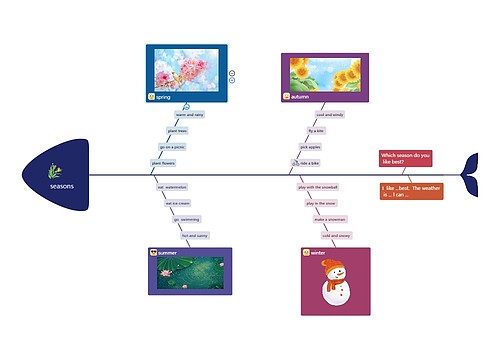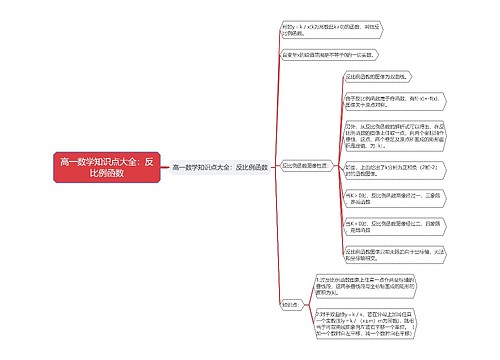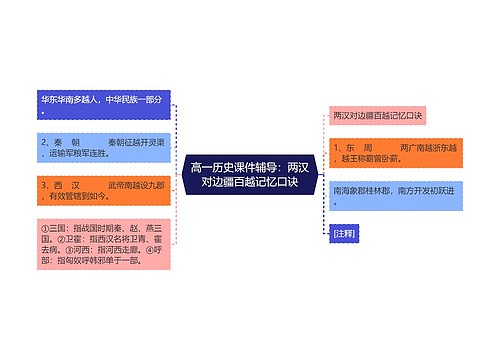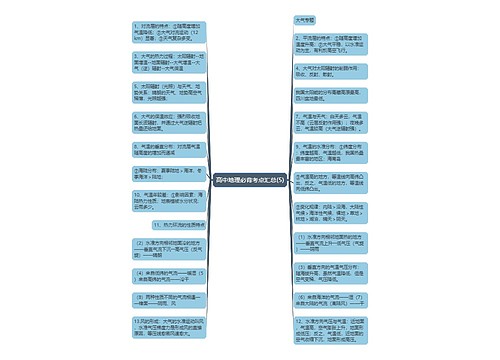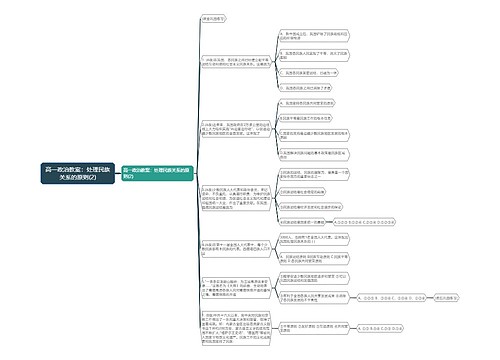1. be fond of "喜爱,爱好" 接名词、代词或动词的-ing形式。
He’s fond of swimming. 他喜欢游泳。
Are you fond of fresh vegetables. 你喜欢新鲜蔬菜吗?
He is fond of his research work. 他喜爱他的研究工作。
2. hunt for = look for 寻找
I have found the book I was hunting for.我找到了那本我在找的书。
3. in order to/so as to:这两个词组都可引导不定式作目的状语, in order to可放于句首, so as to则不能, 其否定形式为in order not to / so as not to.
He went to Beijing in order / so as to attend an important meeting.
In order to be noticed, he shouted and waved to us.为了让我们注意他, 他朝我们又是叫喊又是挥手。
4. care about
She doesn’t care about money.她不喜欢钱。
She thinks only of herself. She doesn’t care about other people.她只考虑自己。她不关心别人。
These young people care nothing about what old people might say.
5. such as 意为"诸如……","像……",是用来列举人或事物的。
She teaches three subjects, such as physics and chemistry.她教三门科目,像物理、化学。
6. drop a line 留下便条, 写封短信
7. make yourself at home 别客气;随便;无拘束
If you get to my house before I do, help yourself to a drink and make yourself at home.如果你在我之前到我家,自己喝点饮料,随便一点。
8. stay up 不睡;熬夜
(1) I'll be late home, don't stay up for me.
(2) He stayed up reading until 2:00 in the morning.
9. come about 引起;发生;产生
(1)How did the accident come about?
(2) They didn't know how the change had come about.
10. except for 除……之外
(1) except 与 except for 的用法常有区别。except 多用于引起同类事物中被排除的一项。如:
①He answered all the questions except the last one.
②We go there every day except Sunday.
(2)except for 用于引述细节以修正句子的主要意思。如:
①Except for one old lady, the bus was empty.
②Your picture is good except for the colours.
(3)但在现代英语中,except for也用于表示except的意思。如上述第一个例子可以是:
He answered all the questions except for the last one.
(4) 另外,在介词短语之前只能用except,不能用except for。
We go to bed before ten, except in the summer.

 U633687664
U633687664
 U582679646
U582679646